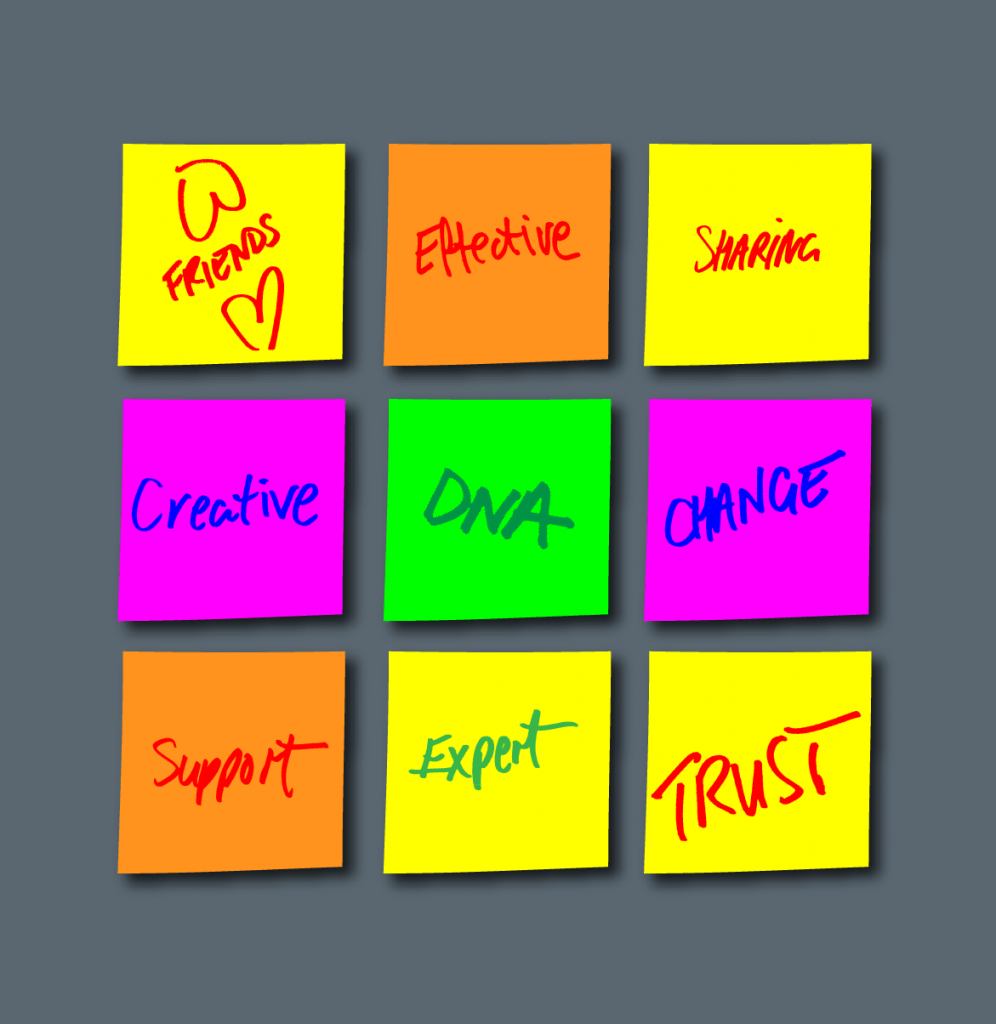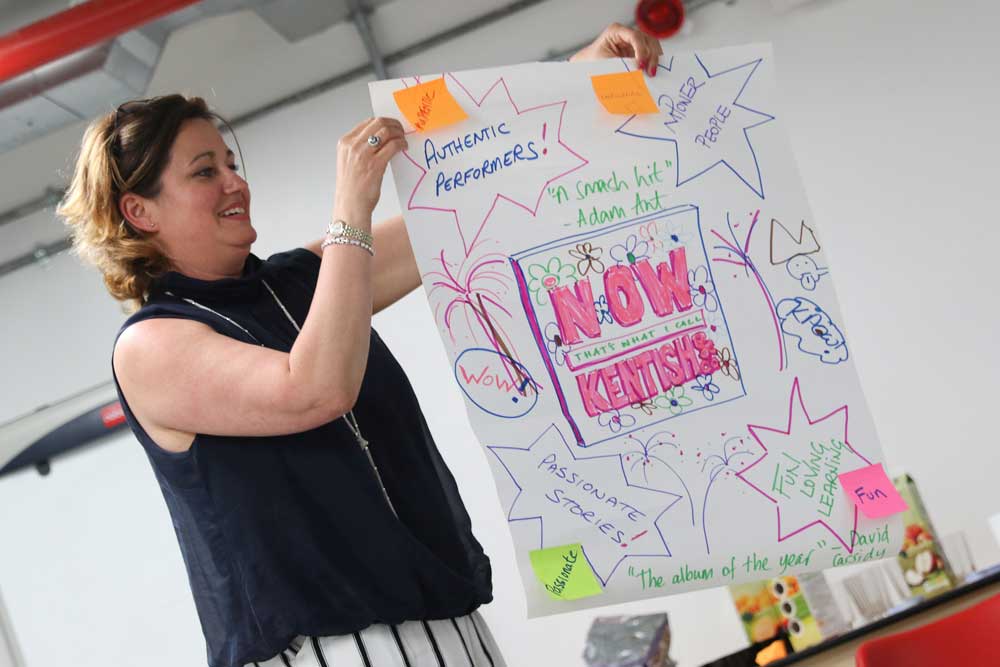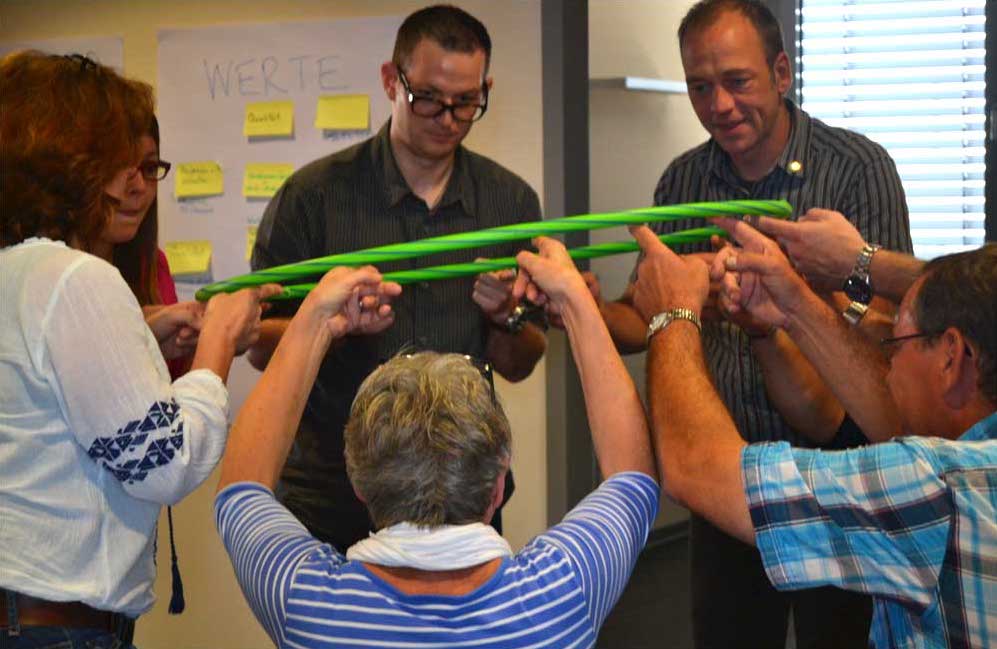It is not uncommon for people in the workplace to have different and conflicting goals, needs, and opinions. This might result in a service provider struggling to get on with a client, or staff failing to gel with management, and vice versa. The lines of communication have broken somewhere along the line, and trust has gone.
If problems are not dealt with, they can escalate into serious conflict, recrimination, and personal animosity. Major contracts can be lost, serious accusations of bullying can be filed, teamwork can break down, and people can disengage from their work. Conflict can spread and ultimately damage the entire organisation and many of the people in it. In these situations, intervention is critical. The problem won’t just go away.
In our facilitation work, we place a great deal of emphasis on getting to the DNA of the problem. It’s hard to move forward with a good solution until you understand what is really wrong. And often, what people think is wrong is just a scratch on the surface of the real problem. Our work begins with an extensive diagnostics piece, which sees us spend time with all parties, to find out their thoughts and experiences, and points of agreement and disagreement.
This initial research helps us to really understand what is going on and everyone’s perspective. It ensures that all parties are involved, actively listened to, and know that their input is valuable. It also ensures that people think about their situation before they attend a workshop session.
During the workshop, we use a collaborative approach to help people to have truly effective conversations to deal effectively with their conflicts. Our sessions are solution focused. They are not for blaming people about what happened in the past. They are about today and the future, and moving forward. Everyone goes on a journey together, and we support them at every step of the way. We also follow up with them to ensure that new attitudes and behaviours have taken hold.
Our facilitation results speak for themselves. Not only do people amicably resolve their problems, but they walk away with an increased understanding of themselves and others. Teams are also often more cohesive, with team members having developed a strong mutual respect for each other, and a renewed faith in their ability to work well together.







